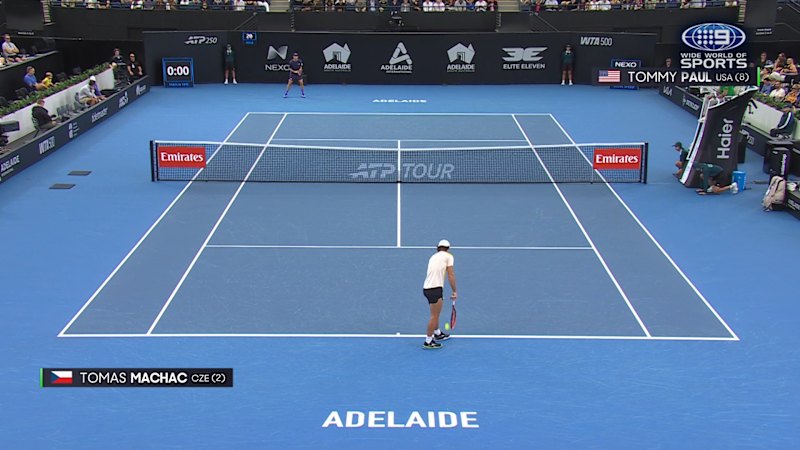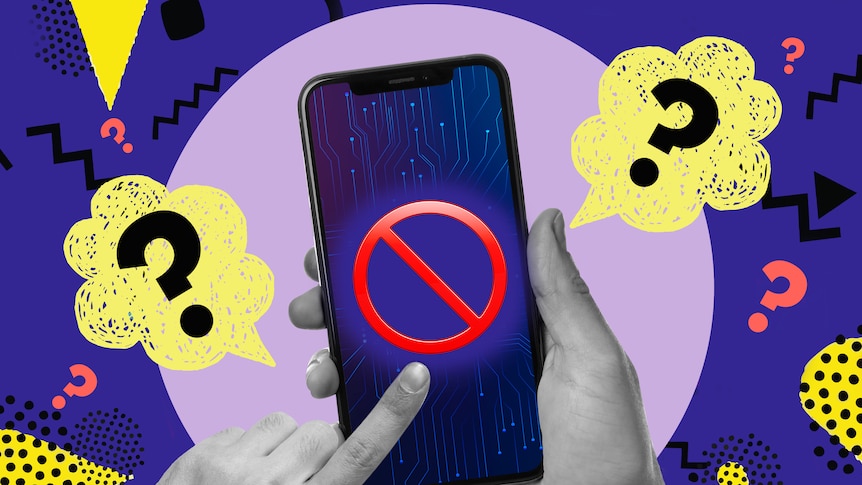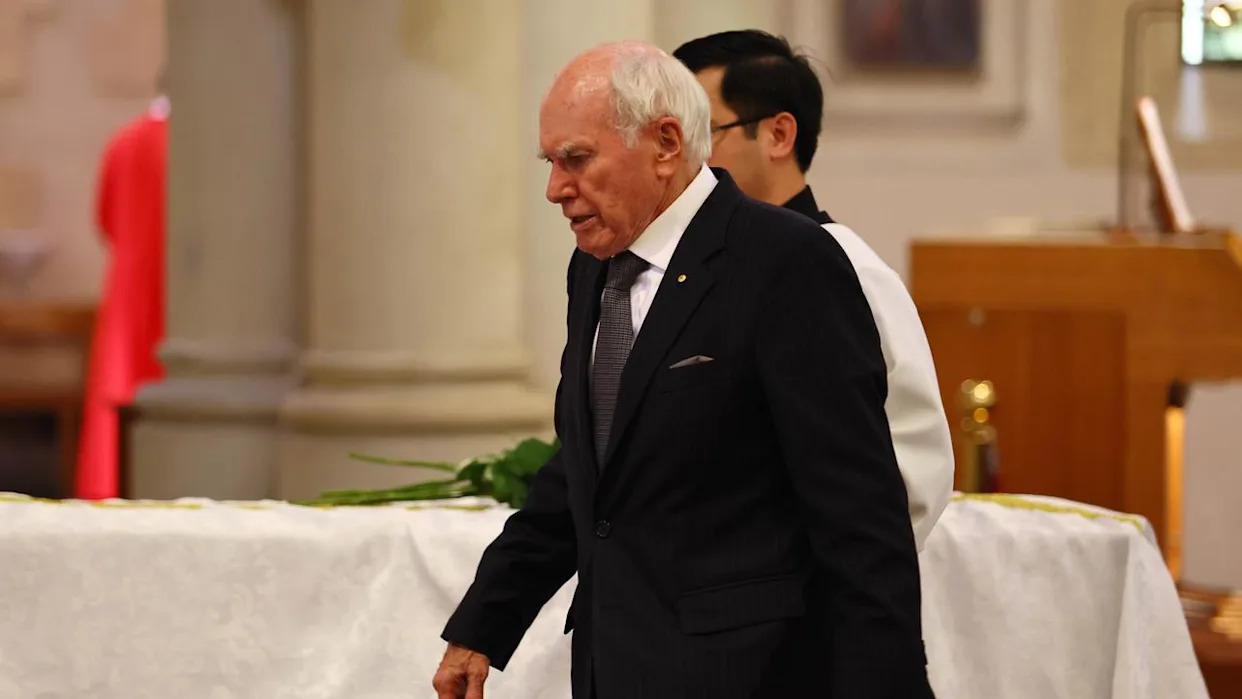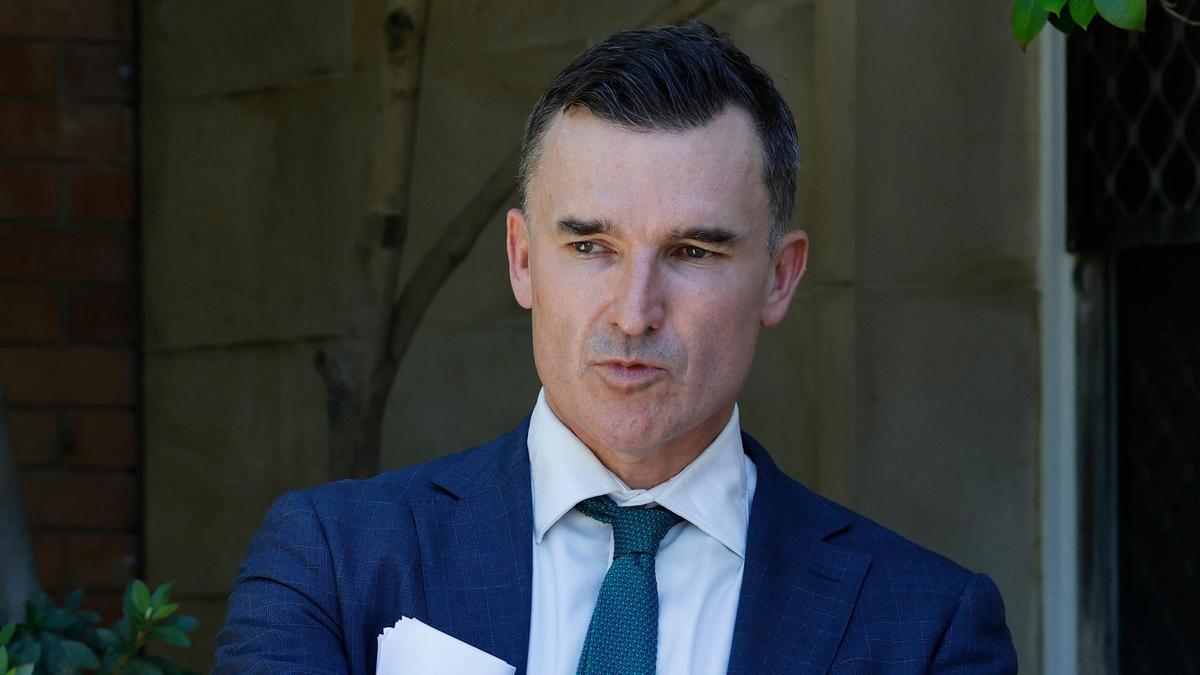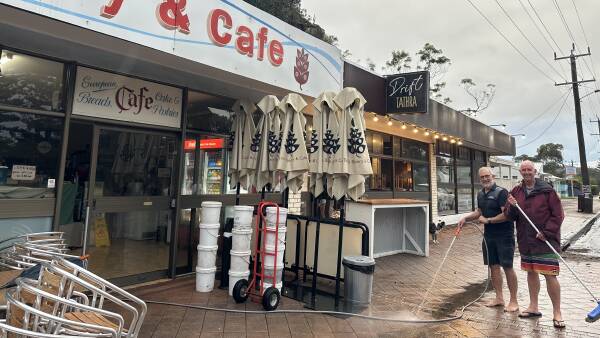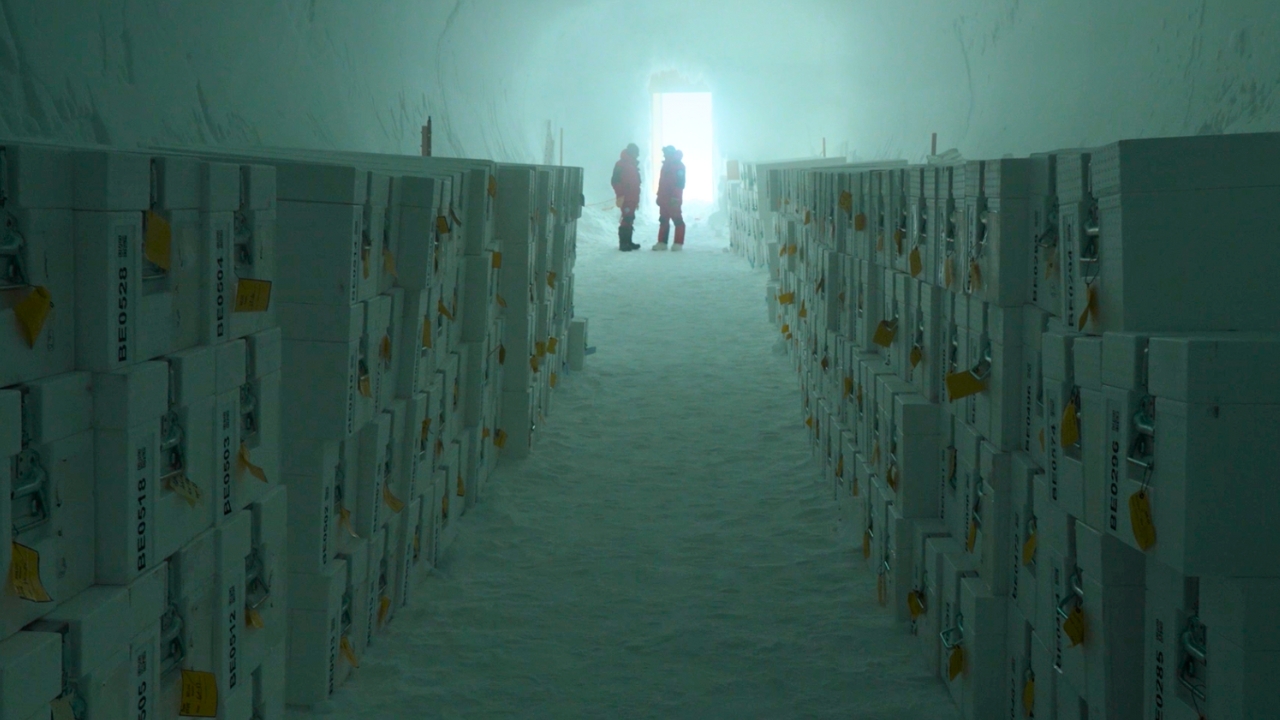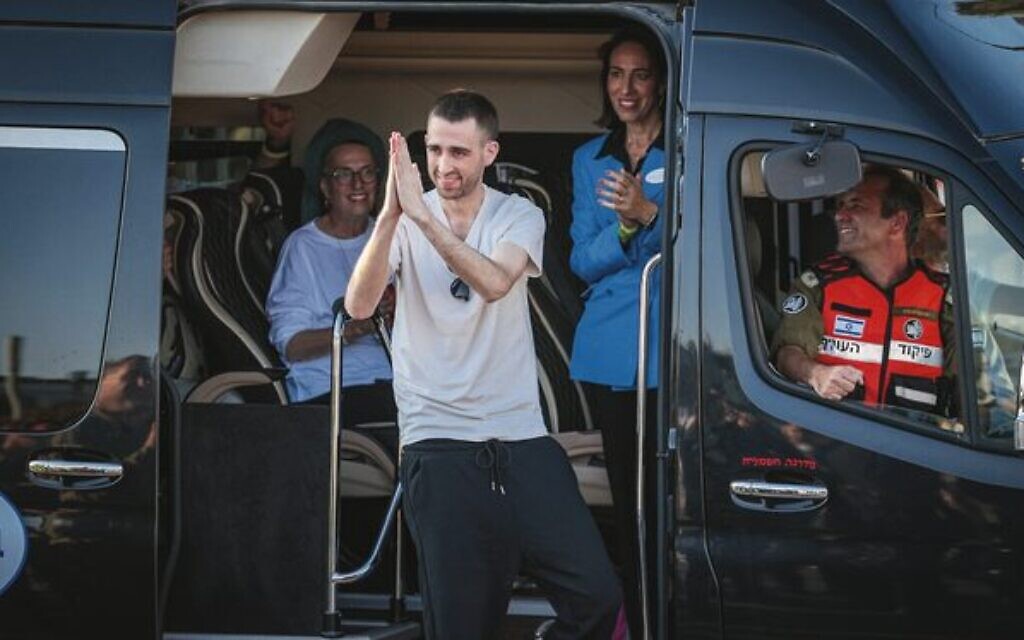
UPDATE: Released hostages from Hamas captivity have begun sharing harrowing accounts of their experiences, detailing severe torture, starvation, and isolation during their time in Gaza. As the last group of 20 hostages was freed, the emotional fallout from their ordeal is unfolding, revealing the brutal conditions they endured.
The first seven hostages, including Matan Angrest and Avinatan Or, were handed over to the Red Cross in Gaza City and transferred to Israeli forces about an hour later. The next 13 hostages were released in Khan Younis, also transferred to Israeli authorities shortly after. All 20 returned visibly frail, having been held in horrific conditions, many deep within tunnels where they faced abuse and limited medical treatment.
One of the most shocking revelations comes from Avinatan Or, who was isolated for over two years. He was reportedly starved and lost between 30-40 percent of his body weight. Upon his release, he sought a moment alone with his girlfriend, former hostage Noa Argamani, where they shared their “first cigarette together after two years.”
Other hostages shared similarly traumatic experiences. Elkana Bohbot recounted being chained and subjected to inhumane treatment. In a heart-wrenching moment, he requested a shower to commemorate his wedding anniversary, which his captors initially denied but eventually granted. Meanwhile, brothers Gali and Ziv Berman were kept completely isolated, unaware that they would be reunited upon their release.
A relative of one unnamed hostage disclosed that captors used guns to threaten hostages during forced propaganda recordings, creating an atmosphere of fear and manipulation. Anat Angrest, Matan’s mother, revealed that he faced particularly severe torture due to his status as a soldier. Matan experienced intense psychological warfare, convinced by his captors that his family had abandoned him and that Hamas was poised to conquer Israel.
Echoing the sentiments of many families, Ilan Gilboa-Dalal reported that his son Guy was held in a tunnel until a month ago, after which he was “force-fed” following international outcry over a disturbing video of another hostage. The release of these hostages is a stark reminder of the human cost of conflict, with each story underscoring the urgent need for humanitarian intervention and support for those affected.
As these accounts continue to emerge, the world watches closely, hoping for healing and justice for those who endured unimaginable suffering. The emotional and psychological toll on these individuals and their families will reverberate long after their return home. Authorities and humanitarian organizations are now grappling with the realities of reintegration and the need for comprehensive support systems for these survivors.
What happens next? As the situation develops, further details about the hostages’ experiences are expected to surface, raising questions about the treatment of captives and the ongoing conflict in the region. Families and advocates are calling for greater awareness and action to prevent such atrocities in the future. The global community watches, waiting for answers and accountability.

